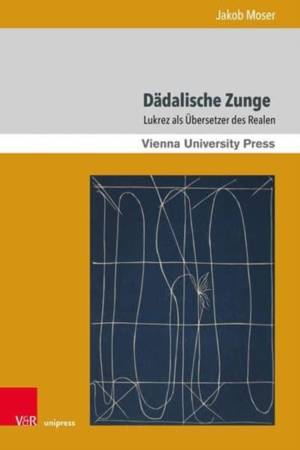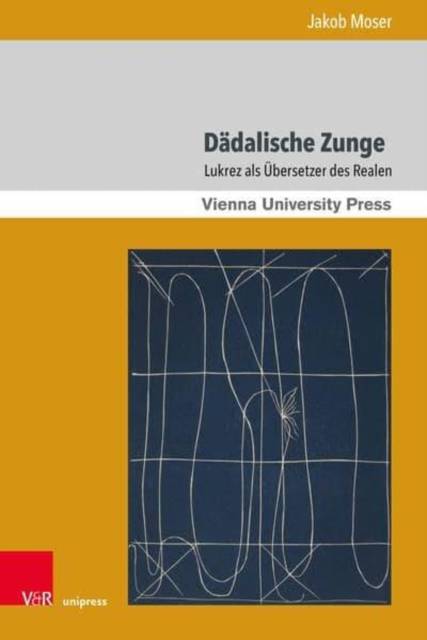
- Retrait gratuit dans votre magasin Club
- 7.000.000 titres dans notre catalogue
- Payer en toute sécurité
- Toujours un magasin près de chez vous
- Retrait gratuit dans votre magasin Club
- 7.000.000 titres dans notre catalogue
- Payer en toute sécurité
- Toujours un magasin près de chez vous
Description
Mit seinem De rerum natura will der römische Dichter Lukrez das gesamte Universum von der kleinsten Bewegung der Atome bis zum kosmischen Großereignis in einen Text bannen. Lukrez stützt sich auf Epikurs griechische Naturphilosophie, verwebt diese aber, um sein römisches Publikum zu fesseln und zu überzeugen, in lateinische Verse. Jakob Moser liest Lukrez' philosophische Epik als einen vierfachen Übersetzungsprozess, der die epikureische Lehre auf einer sprachlichen, literarischen, kulturellen und konzeptuellen Ebene transformiert. Dieser Prozess, so zeigt das vorliegende Buch, schlägt sich nicht zuletzt in Lukrez' Übersetzungsvokabular nieder. Die schöpferische Sprache des Dichters - seine dädalische Zunge - erweist sich dabei als ein Bindeglied, das poetische Physik und physikalische Poetik verbindet.
With his De rerum natura, the Roman poet Lucretius set out to do no less than render the entire universe as a text, from the most minute motions of single atoms to events on a cosmic scale. Lucretius drew upon Epicurus' Greek natural philosophy, but in order to attract and convince his Roman audience, he wove it into the fabric of Latin poetry. The present book proposes to read Lucretius' philosophical epic as a four-fold process of translation that transforms Epicurean doctrine on linguistic, literary, cultural, and conceptual levels. This process, as will be demonstrated, is reflected in Lucretius' vocabulary of translation. The poet's own creative use of language - his daedalic tongue - is the link that holds his poetic physics and physical poetics together.
Spécifications
Parties prenantes
- Auteur(s) :
- Editeur:
Contenu
- Nombre de pages :
- 341
- Langue:
- Allemand
Caractéristiques
- EAN:
- 9783847114376
- Date de parution :
- 05-09-22
- Format:
- Livre relié
- Format numérique:
- Genaaid
- Dimensions :
- 155 mm x 231 mm
- Poids :
- 14006 g







